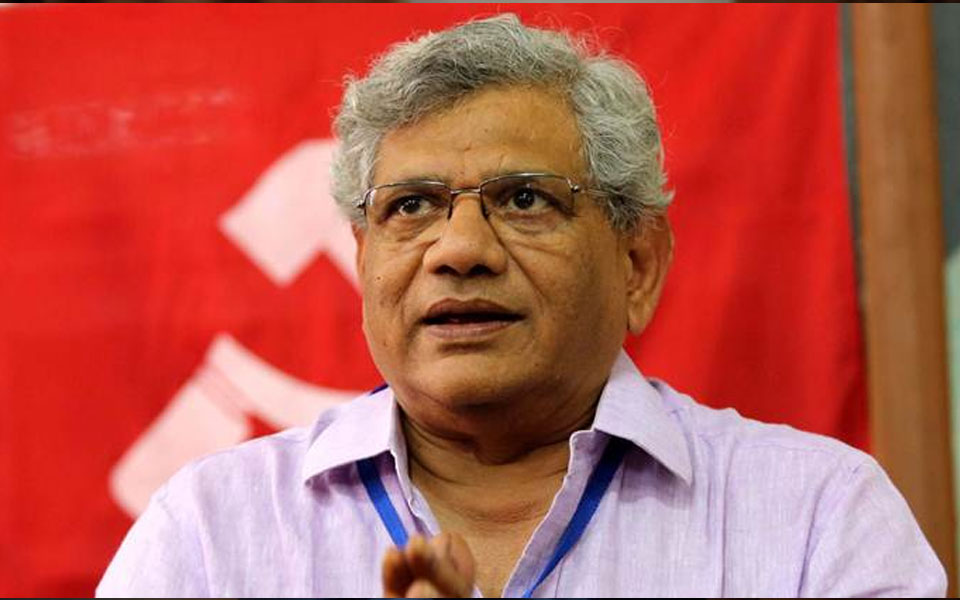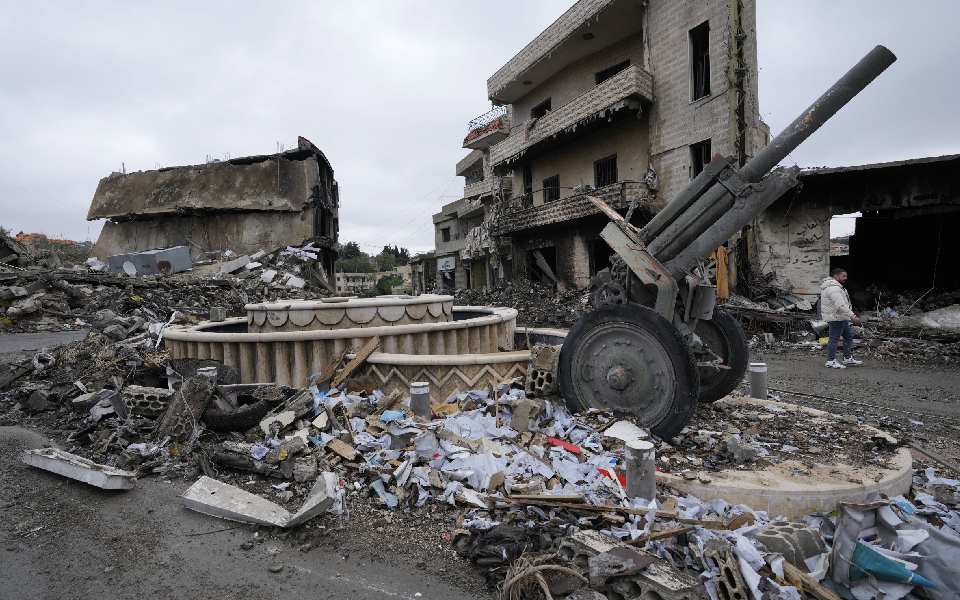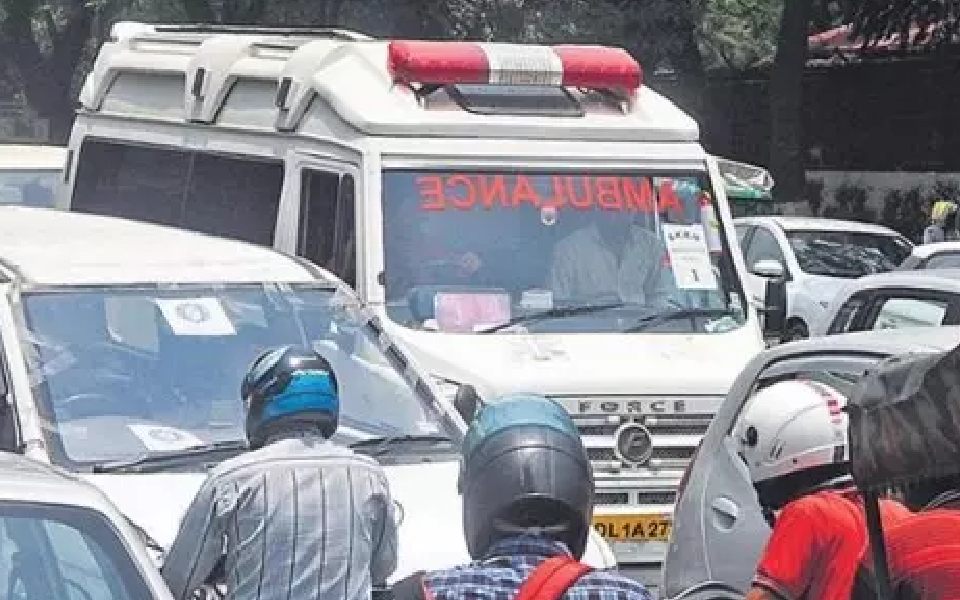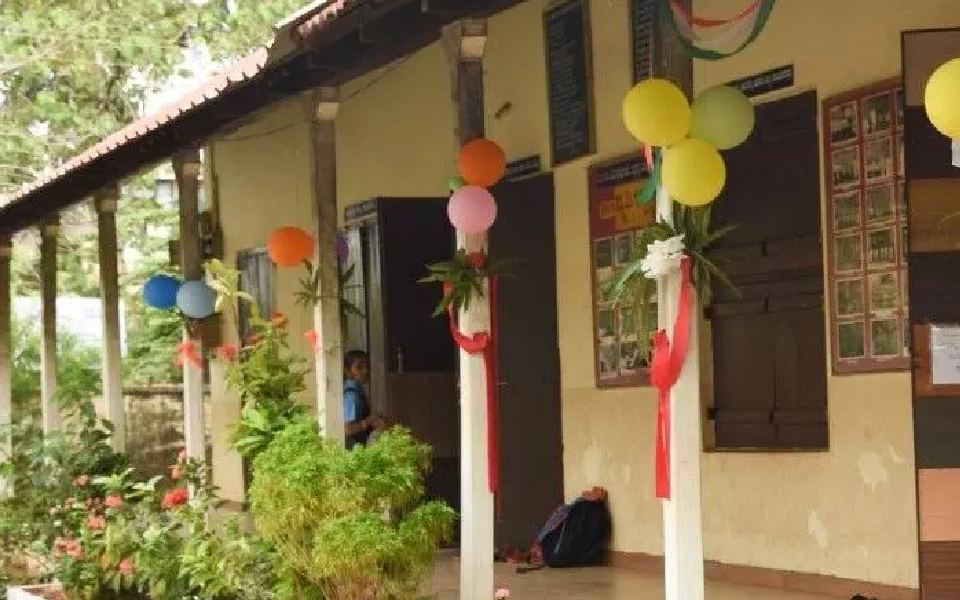New Delhi, June 30 : CPI-M leader Sitaram Yechury on Saturday targeted the Narendra Modi government over the approval given by the IRDAI to LICs plan to buy 51 per cent stake in debt-ridden IDBI Bank and alleged that it was "destroying regulatory mechanism and practising cronyism of the worst kind".
The Communist Party of India-Marxist leader said LIC's money is public money and accused the government of bailing out rich defaulters by diverting people's money.
"Bailing out rich defaulters, by diverting peoples' money. LIC is public money. Why no recovery of loans from rich defaulters? Cronyism of the worst kind by this Modi government. Rich can loot and scoot, the common Indian will pay back their loans," Yechury tweeted.
"LIC is not supposed to be in banking. It is being forced by suddenly changing rules. Regulatory mechanism being destroyed by Modi government so that defaulters don't have to repay. What is going on?" he added.
The media reported on Saturday that the Insurance Regulatory and Development Authority of India (IRDAI) had approved the plan of Life Insurance Corportation of India to buy 51 per cent stake in the state-owned IDBI.
Congress leader Kapil Sibal also raised questions over the IRDAI move and slammed the government over its management of economy.
"Rupee all time low, IDBI bail out by LIC for unmanagable NPAs and deposits by Indians in secret Swiss bank accounts rise by 50 per cent in 2017. Who is in ICU Modiji: Economy or NDA or Achhe Din?" he said.
Let the Truth be known. If you read VB and like VB, please be a VB Supporter and Help us deliver the Truth to one and all.
Beirut, Nov 28: The Israeli military on Thursday said its warplanes fired on southern Lebanon after detecting Hezbollah activity at a rocket storage facility, the first Israeli airstrike a day after a ceasefire between Israel and Hezbollah took hold.
There was no immediate word on casualties from Israel's aerial attack, which came hours after the Israeli military said it fired on people trying to return to certain areas in southern Lebanon. Israel said they were violating the ceasefire agreement, without providing details. Lebanon's state-run National News Agency said two people were wounded.
The back-to-back incidents stirred unease about the agreement, brokered by the United States and France, which includes an initial two-month ceasefire in which Hezbollah members are to withdraw north of the Litani River and Israeli forces are to return to their side of the border. The buffer zone would be patrolled by Lebanese troops and UN peacekeepers.
On Thursday, the second day of a ceasefire after more than a year of bloody conflict between Israel and Hezbollah, Lebanon's state news agency reported that Israeli fire targeted civilians in Markaba, close to the border, without providing further details. Israel said it fired artillery in three other locations near the border. There were no immediate reports of casualties.
An Associated Press reporter in northern Israel near the border heard Israeli drones buzzing overhead and the sound of artillery strikes from the Lebanese side.
The Israeli military said in a statement that “several suspects were identified arriving with vehicles to a number of areas in southern Lebanon, breaching the conditions of the ceasefire.” It said troops “opened fire toward them” and would “actively enforce violations of the ceasefire agreement.”
Israeli officials have said forces will be withdrawn gradually as it ensures that the agreement is being enforced. Israel has warned people not to return to areas where troops are deployed, and says it reserves the right to strike Hezbollah if it violates the terms of the truce.
A Lebanese military official said Lebanese troops would gradually deploy in the south as Israeli troops withdraw. The official spoke on condition of anonymity because they were not authorized to brief media.
The ceasefire agreement announced late Tuesday ended 14 months of conflict between Israel and Hezbollah that began a day after Hamas' Oct. 7, 2023 attack out of Gaza, when the Lebanese Hezbollah group began firing rockets, drones and missiles in solidarity.
Israel retaliated with airstrikes, and the conflict steadily intensified for nearly a year before boiling over into all-out war in mid-September. The war in Gaza is still raging with no end in sight.
More than 3,760 people were killed by Israeli fire in Lebanon during the conflict, many of them civilians, according to Lebanese health officials. The fighting killed more than 70 people in Israel — over half of them civilians — as well as dozens of Israeli soldiers fighting in southern Lebanon.
Some 1.2 million people were displaced in Lebanon, and thousands began streaming back to their homes on Wednesday despite warnings from the Lebanese military and the Israeli army to stay out of certain areas. Some 50,000 people were displaced on the Israeli side, but few have returned and the communities near the northern border are still largely deserted.
In Menara, an Israeli community on the border with views into Lebanon, around three quarters of homes are damaged, some with collapsed roofs and burnt-out interiors. A few residents could be seen gathering their belongings on Thursday before leaving again.





